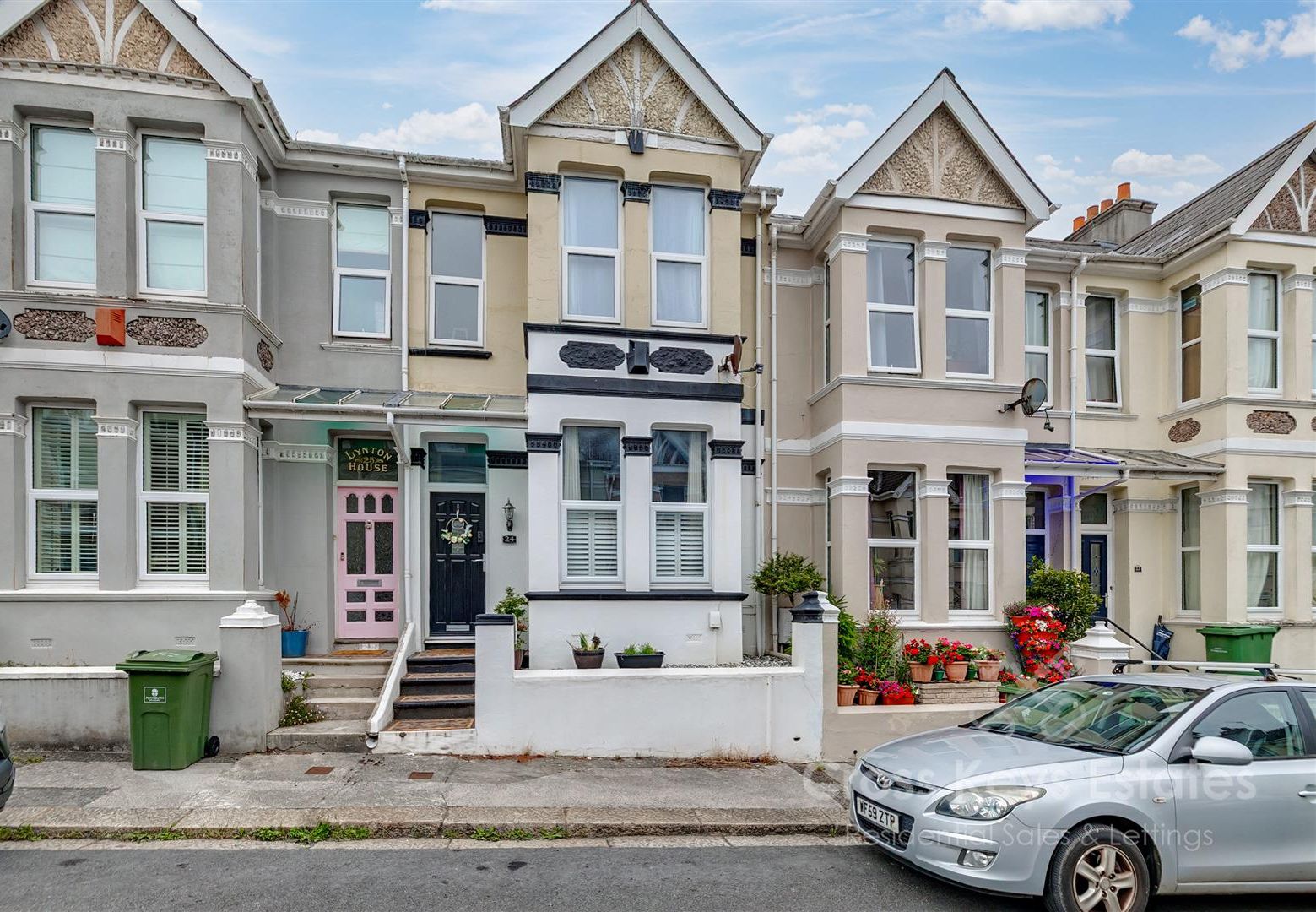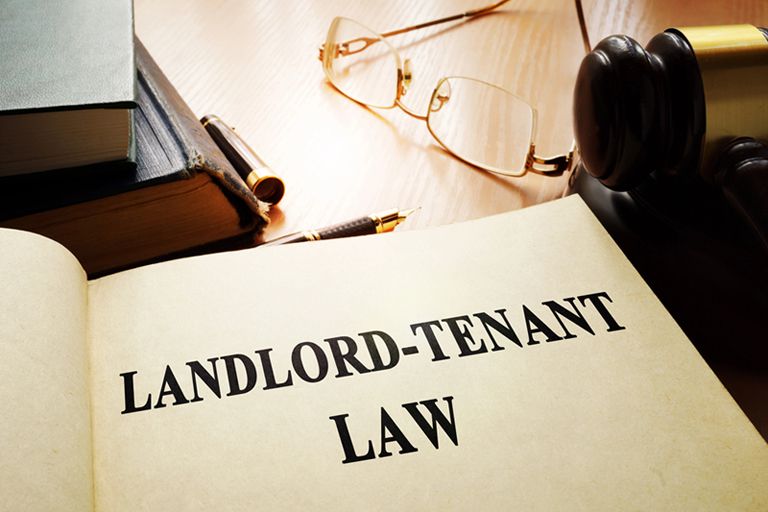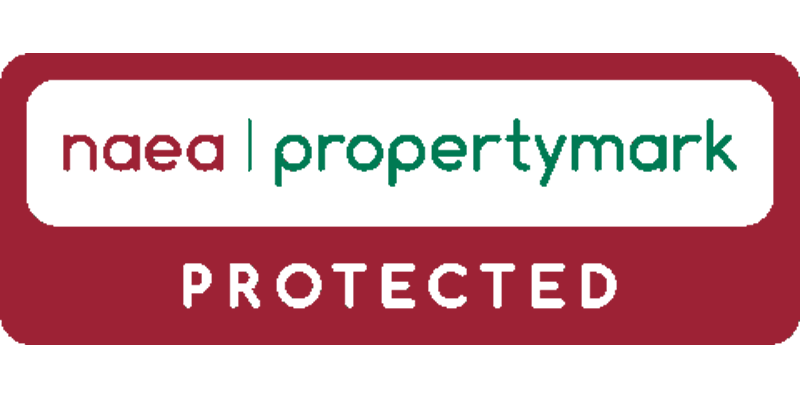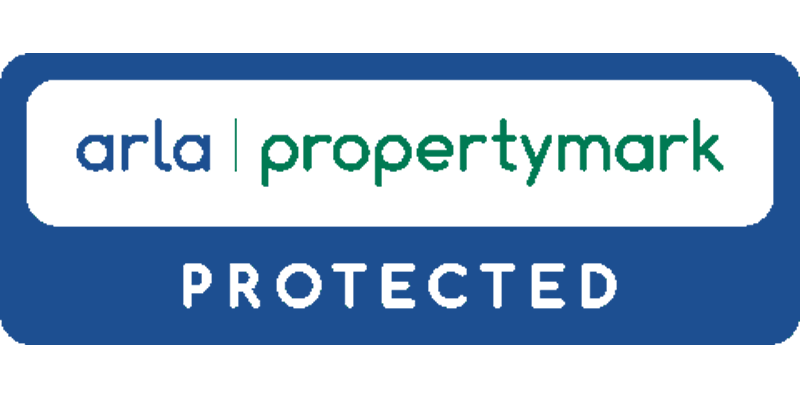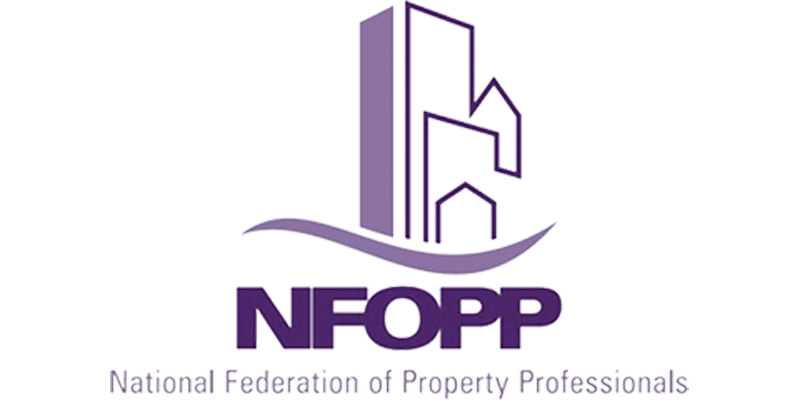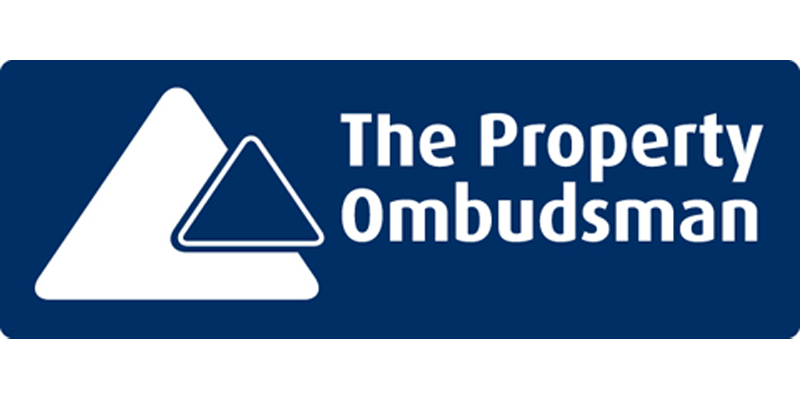Hi Folks, here we are, another month and another blog and this time, on a different topic completely, the law!
Buying and selling a property can be confusing to say the least and that is before you even get to the conveyancing part.
On 21 December 2017 the Government announced plans to tackle the growing problem of newly built houses sold as leasehold rather than freehold, and to limit ground rents on new lease agreements. Leasehold reform was included in the Law Commission’s Programme of Law Reform with the aim of finding ways to make buying a freehold or extending a lease “easier, faster, fairer and cheaper.”
In The Queen’s Speech 2022 “The Government will be taking forward a comprehensive programme of reform to improve fairness and transparency in the leasehold market. The Law Commission’s work on leasehold reform is now complete and will become law from 31st May 2022.
There are around 4.6 million leasehold homes in England, according to estimates from the Ministry for Housing, Communities and Local Government (MHCLG). Long leaseholders buy the right to live in their homes for the term of the lease. Around 68% of these are flats, while 32% are houses. Most flats in the private sector are leasehold (an estimated 93% of owner-occupied flats and 73% of private-rented flats). Leasehold houses are uncommon across England, at around 8% of the stock. There’s evidence indicating that developers had started to sell new-build houses on long lease agreements as this can represent a lucrative future income stream.
Leaseholders report a range of problems, including: high service charges and a lack of transparency over what they are being charged for; freeholders who block attempts by leaseholders to exercise the Right to Manage; excessive administration charges and charges for applications to extend lease agreements or enfranchise; and a lack of knowledge over their rights and obligations.
From the end of May, estate agents and other property businesses must include length of lease, amount of service charge and ground rent and whether the property is in a shared ownership scheme when marketing properties. This information is absolutely essential to buyers finding out from the start whether a property is worth pursuing or not (e.g., is the lease so short they won’t be able to get a mortgage).
What does this information include? Perhaps most significant is that details of tenure of the property (how you own a property) must be disclosed, this includes the following categories:
- leasehold
- freehold
- commonhold
Currently most reputable estate agents and property professionals are in the midst of obtaining the relevant information required to comply with this new legislation, however it is not an easy task as some of the property owners are not even aware of what their exact lease terms mean to them. There are some developments in our area that are indeed freehold but also have a leasehold element, including the cost of maintaining communal outdoor areas or the cost of electric and maintenance of gates in gated communities etc: –
The story here at Cross Keys Estates is no different. We are speaking to vendors and their solicitors to obtain this newly legally required information. The best way is to get a physical copy of the lease, that way we can quote the lease details directly. If a copy of the lease is not immediately available, then maybe either talk to the solicitor that is either doing or committed to doing the conveyancing on the property. Unfortunately, we cannot just take the vendors word for this information anymore as it forms an integral part of the Government’s reform for the housing market.
If you would like a personal chat with me to see if now is the right time for you to sell or rent out your property, please feel free to either give me a call on 01752 500099 or 01752 500018 or pop in to our Stoke office where I or one of my experienced property consultants will be only too happy to see if we can help.








